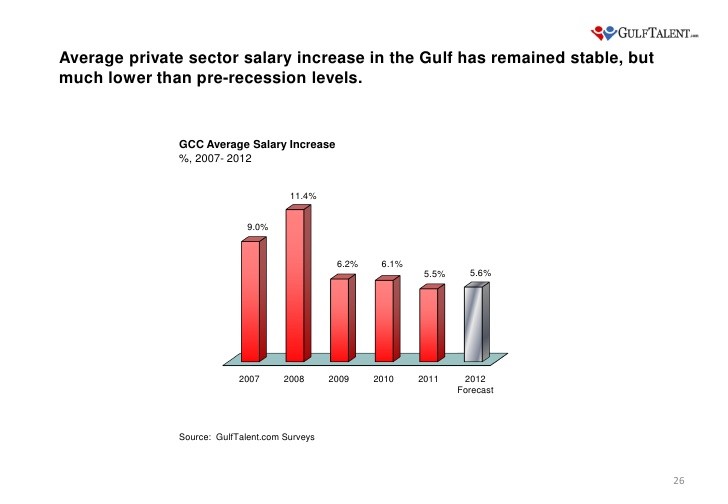Qatar pays highest Gulf Tbill yields
Post on: 10 Август, 2015 No Comment

Doha Qatar is offering the highest yields on treasury bills in the Gulf Cooperation Council as the world’s richest country seeks to mop up excess funds in the banking system and deepen its debt market.
The central bank of the biggest exporter of liquefied natural gas paid an average yield of 2 per cent on 4 billion riyals (Dh4 billion) of notes at its monthly auction last Tuesday, Qatar Central Bank Governor Shaikh Abdullah Saud Al Thani said by phone from Doha on Wednesday.
That compares with three-month- bill yields of 0.36 per cent and 1.2 per cent in Saudi Arabia and Bahrain, and 0.19 per cent in Belgium, which like Qatar is rated AA at Standard & Poor’s, the third-highest investment grade.
Qatar is trying to establish benchmark yields, encouraging companies to raise local-currency debt and widen their funding pool as the nation prepares to spend about $88 billion (Dh323 billion) on infrastructure to host the 2022 football World Cup.
The sales also give the central bank a tool to drain funds from the banking system with inflation set to climb to a four-year high, 10 analysts’ estimates compiled by Bloomberg show.
Bill sales of about 15 billion riyals since May are a clear indication of a drive to develop a liquid local debt market, HSBC Holdings economists Simon Williams and Liz Martins wrote in a report released on Tuesday.
This will be positive for corporate financing as the infrastructure build-out gathers pace over the coming decade.
The central bank, which until now hasn’t published bill yields, sold 2 billion riyals of three-month securities and 1 billion riyals each of six-month and nine-month bills at an average yield that’s more than double its overnight deposit rate of 0.75 per cent.
The country, which surpassed Luxembourg as the world’s richest nation in 2010 according to IMF data, pegs its currency to the US dollar, limiting its ability to set independent monetary policy. The fixed exchange rate means that the central bank needs to develop a formal liquidity management framework, the International Monetary Fund said in a report published on January 31, a goal treasury bills can help achieve. The nation, which posted the world’s fastest economic growth last year according to the IMF, lists the securities on the stock exchange.
The biggest challenge for the country’s monetary policy is to support credit growth without fuelling inflationary pressures the IMF said in the report.

Inflation may accelerate to 3.5 per cent this year, according to the median estimate of 10 analysts compiled by Bloomberg. Consumer prices in the country of 1.8 million people jumped 11 per cent in each year between 2006 and 2008.
Bank loan growth to government-related entities is soaring, driven by financing for stadiums and sporting facilities. Bank loans to the public sector jumped 58 per cent in the year to February, the fastest increase in more than a year, central bank data show. This has driven Qatar’s loan-to-deposit ratio, excluding overdrafts, to 116 per cent in February from 94 per cent a year earlier, according to Bloomberg calculations based on the data.
Lenders have turned to global debt markets this year, raising a combined $2 billion, compared with no issuance in the year-ago period, data compiled by Bloomberg show.
Commercial Bank of Qatar, the country’s second-biggest bank, sold $500 million of five-year dollar-denominated bonds this week at a coupon of 3.375 per cent.
Opportunity to diversify














